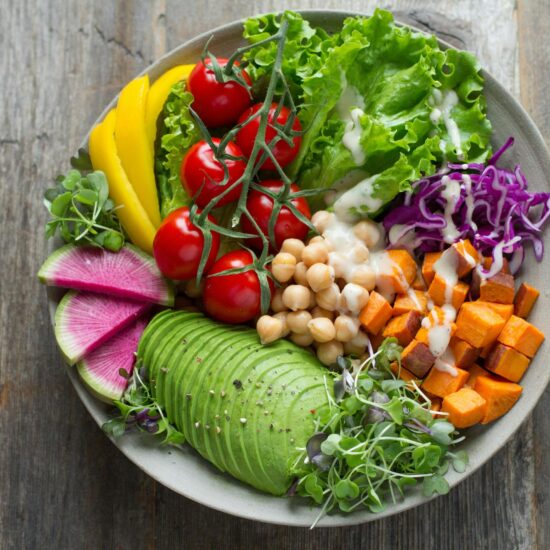When it comes to addiction recovery, many people focus on therapeutic interventions, support groups, and medication. However, an often-overlooked aspect of the healing process is nutrition. The food we eat plays a crucial role in our physical health, mental well-being, and overall recovery journey. Nutrition can significantly impact addiction recovery.
Understanding the Connection Between Nutrition and Addiction
Addiction can lead to severe nutritional deficiencies due to poor eating habits, the effects of substances on the body, and the stress associated with addiction. These deficiencies can impair physical health, cognitive function, and emotional stability. These factors are vital for successful recovery.
- Restoring Physical Health
Substances like alcohol and drugs can weaken organs, metabolism, and overall physical health. Proper nutrition helps restore the body’s natural balance. A well-rounded diet rich in vitamins, minerals, and antioxidants can support liver function, strengthen the immune system, and improve energy levels.
- Supporting Mental Health
Nutritional deficiencies are closely linked to mental health issues, including anxiety and depression. A diet high in omega-3 fatty acids, for example, has been shown to improve mood and cognitive function. Foods rich in B vitamins, such as whole grains and leafy greens, are also essential for brain health.
- Managing Cravings
Certain foods can influence cravings and mood. Sugary and processed foods can lead to spikes and crashes in blood sugar levels, which may enhance cravings for substances. Instead, opting for carbohydrates, lean proteins, and healthy fats can help stabilize blood sugar and promote feelings of fullness and satisfaction.
- Building Healthy Routines
Establishing a nutritious eating routine can create structure and stability in recovery. Meal planning and preparation can serve as healthy coping mechanisms by creating some structure and routine.
Nutritional Strategies for Recovery
- Eat a Balanced Diet
Aim for a variety of foods from all food groups, including:
- Fruits and Vegetables: Rich in vitamins, minerals, and antioxidants.
- Whole Grains: Provide fiber and sustained energy.
- Lean Proteins: Support muscle repair and overall health (e.g., chicken, fish, beans).
- Healthy Fats: Essential for brain function (e.g., avocados, nuts, olive oil).
- Stay Hydrated: Dehydration can negatively affect mood and energy levels.
- Limit Processed Foods and Sugars: Try to minimize intake of processed foods, added sugars, and artificial ingredients. These can lead to mood swings and energy crashes, making recovery more challenging.
- Consider Supplements: If you’re struggling to meet your nutritional needs through food alone, consider discussing supplements with a healthcare professional. Vitamins and minerals, such as B vitamins, vitamin D, and magnesium, can support recovery.
- Practice Mindful Eating: Take the time to enjoy meals without distractions.
The Path Forward
Nutrition is a powerful tool in addiction recovery. By nourishing the body and mind, individuals can support their overall healing process, manage cravings, and enhance emotional well-being.





